Democratising Indonesia: The Challenges of Civil Society in the Era of Reformasi
by NIAS2006, 278 pp, 14x21.5 cm
The fall from power of Indonesia’s President Suharto in 1998 has drawn much media and academic attention but the focus has been on the elite perspective, the role of the regime and military; little has been published on civil society, let alone gender issues.
This study which covers the period from Suharto’s fall up until the latest democratic elections in 2004, analyses the role of civil society in Indonesia’s transition towards democracy. Here, the author argues that social movements are civil society’s primary catalysts for change.
In support of her argument, Mikaela Nyman discusses the shortcomings and successes of the pro-democracy movement and examines the actions and limitations of its various parts. Case studies are provided of three groups of actors—the student movement, the women’s movement and the labour movement.
The author warns that a strong civil society is needed to consolidate the gains achieved by social movements in the political, social and economic spheres. Taking this as her standpoint, she looks at prospects for the future health of Indonesian civil society.

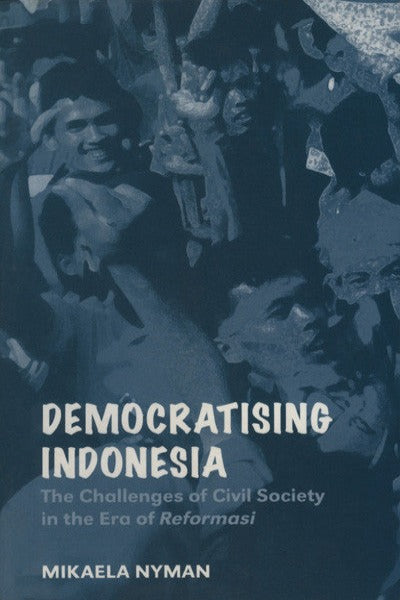
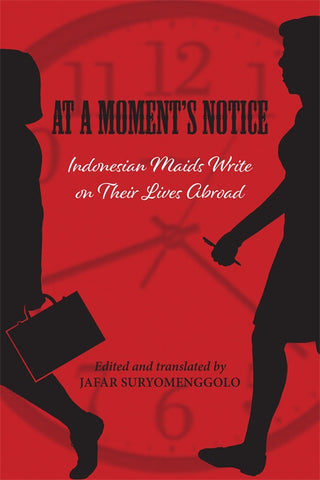
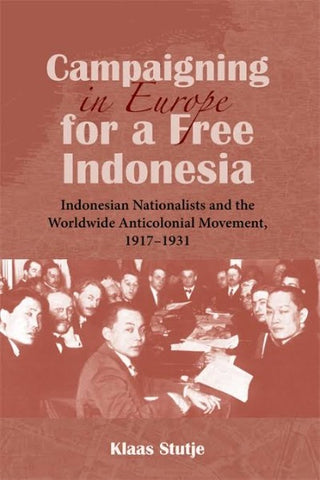
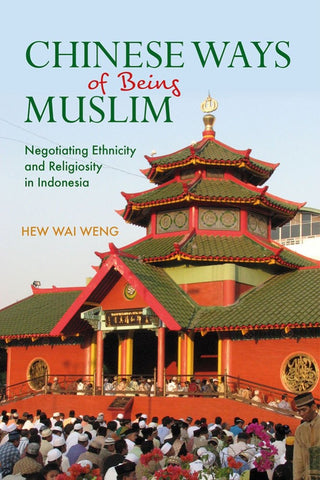
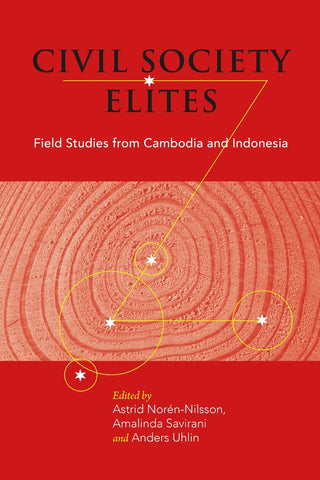
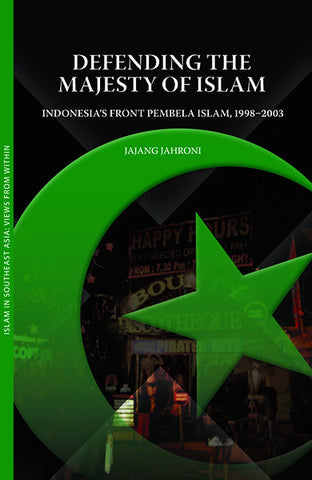
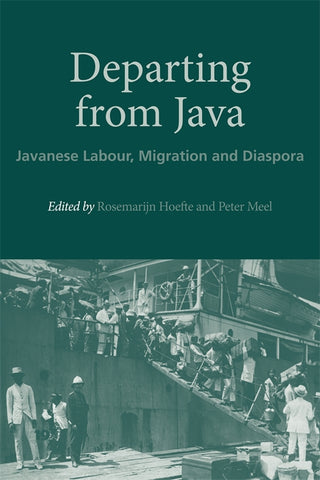
Share this item: